What No One Tells You About Being a Vegan Muslim.
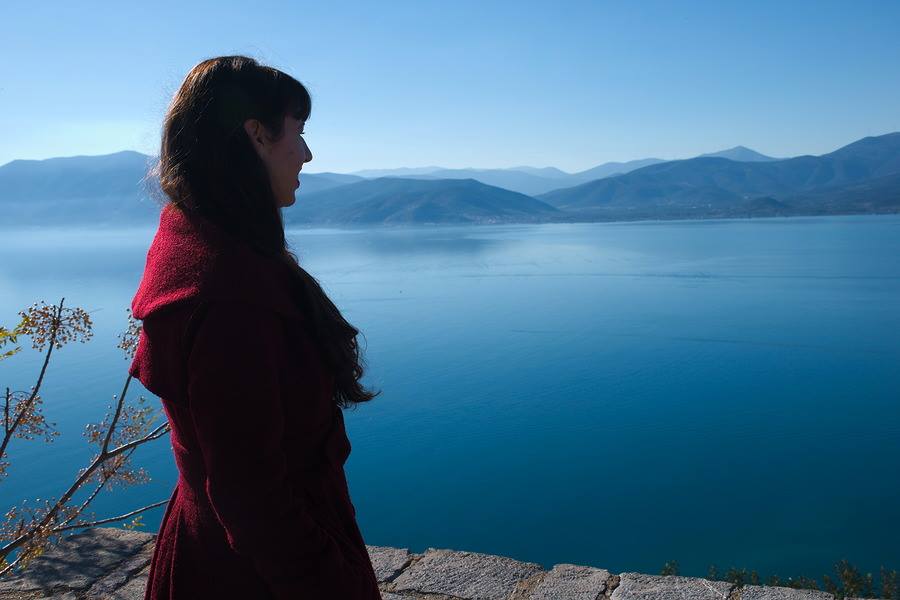
Some Muslims think it’s un-Islamic to be vegetarian or vegan. And some vegans have an anti-Muslim sentiment. So what’s it really like to be a vegan Muslim?
Guest post by Nina Ahmedow
I was just 12 years old when I first tried to turn vegetarian. The idea of killing animals for meat broke my heart, so as I approached my teen years, I decided not to eat them. But after just a few months, my mother told me I was no longer allowed to be vegetarian. She never explained why, but I suppose it was due to the fact that at the time, there was not a lot of information about eating healthy as a vegetarian.
At 18, I made my second attempt towards turning vegetarian. This time, it was a step-by-step process. I cut out red meat, then poultry, and finally fish and seafood. Even though the first time I had tried to be vegetarian for mainly ethical reasons, the second time I was more concerned about the health benefits of cutting out dead animals from my diet.
Also read: Why I Turned Vegan – and What it Means for my Travel Lifestyle
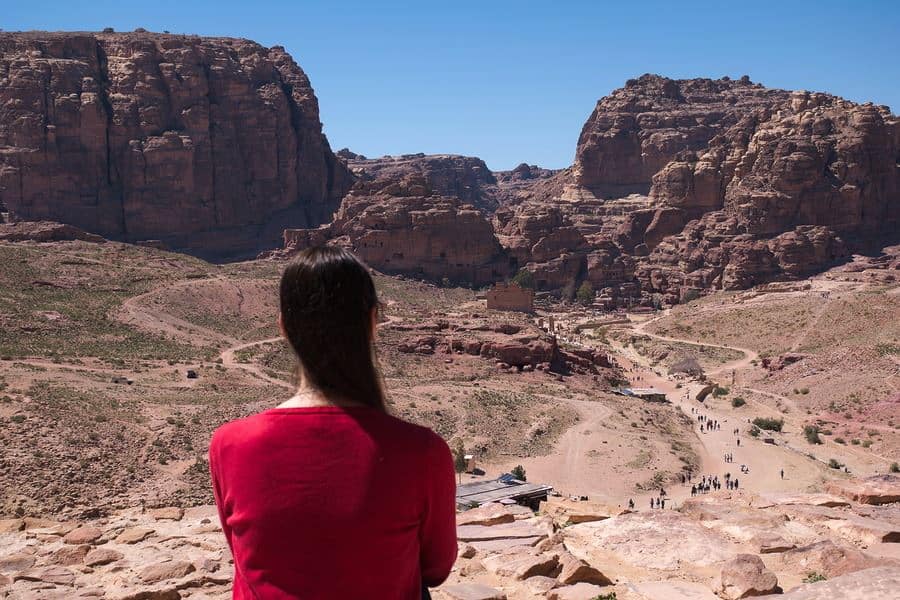
As I was making the switch, I remember there was a girl in my school who was vegan. At 18, I was 100% sure that I’d never go vegan. After all, it was too “extreme” – plus, there were a lot of people at my school who lived on farms and assured me that “cows needed to be milked” and that “free-range eggs are worse than eggs from caged hens.” It seems bizarre now that I look back on it.
For many years, I continued my life as a vegetarian. But the more information became available, the more I thought about going vegan.
Finally, when I found out that male chicks were shredded alive in the egg industry, I turned lacto-vegetarian. Trying to cut out dairy proved more difficult as milk and cheese were such a huge part of my diet.
Also read: 11 Practical Tips to Ease Your Transition Into a Vegan Lifestyle
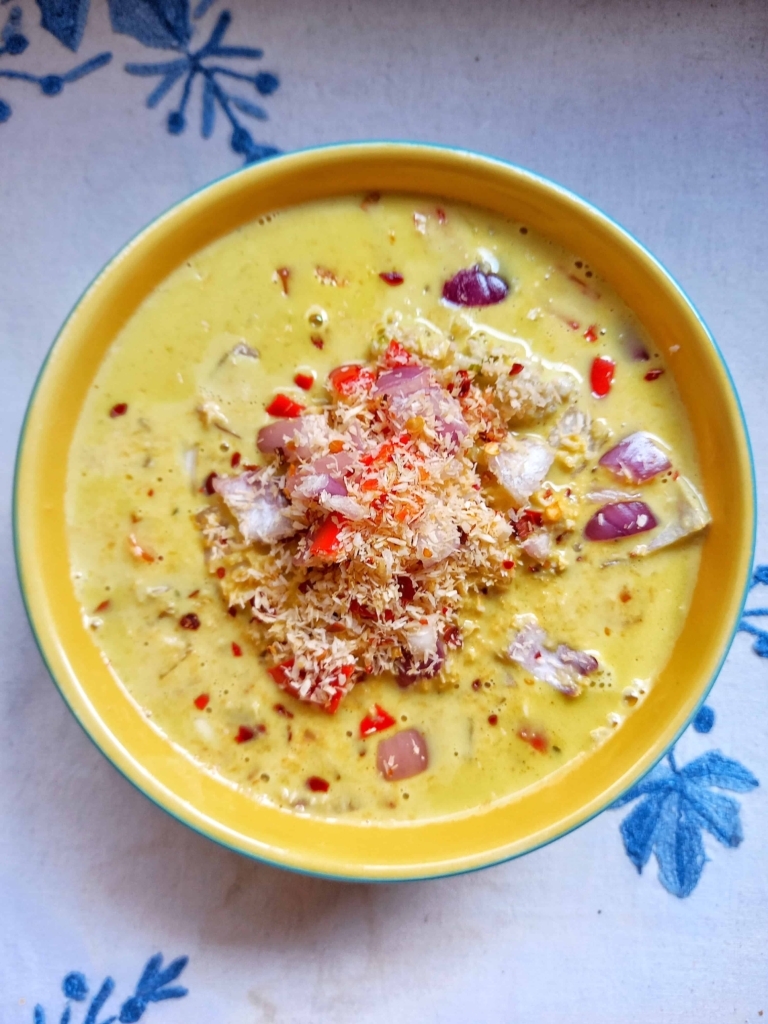
I grew up in Germany, but upon moving to Greece, I found it much more difficult to be vegetarian so I started eating eggs again. But as luck would have it, I also lived across from Greece’s only vegan business at the time – a vegan mini market. For years, I was too afraid to enter the shop, although I was desperate to find things like tofu which are readily available in German supermarkets but a rare find in Greece. Somehow, I felt that entering that vegan shop would force me to re-evaluate my choices.
When I finally did go inside, I turned fully vegan in just a few weeks. My religion didn’t play a role at the time since the Muslim community in Athens where I live is mainly comprised of refugees. Given that the city’s first actual mosque only opened this year, I wasn’t attending any events and didn’t have much contact with other Muslims at the time.
Gradually however, I realized that there are many contradictions and confusions when it comes to being a vegan Muslim.
Also read: Lemons and Luggage: Being Vegan in Greece: A Local’s Honest Guide
Some Muslims think that it’s un-Islamic to be vegetarian or vegan
The fear of taking something which is halal (allowed), and making it haram (forbidden), makes many Muslims hesitant to forego animal products.
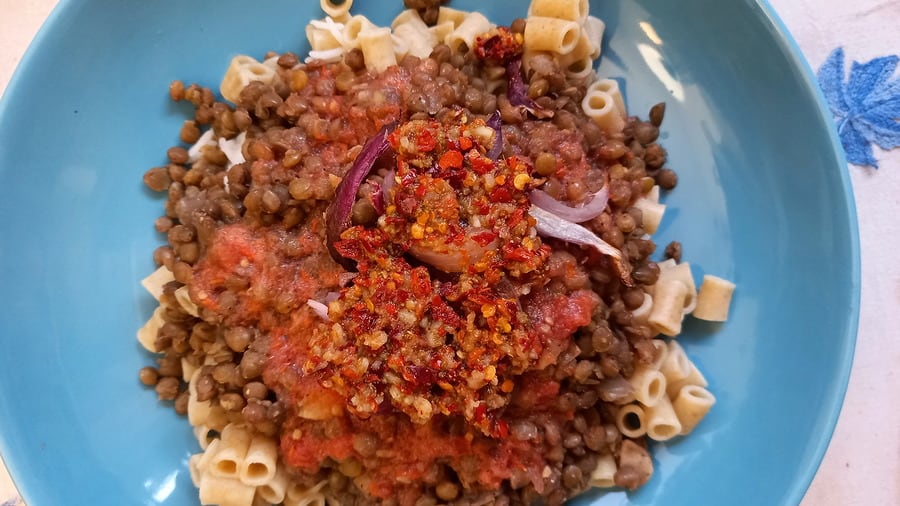
“It’s haram not to eat meat.”
I still remember my friend’s words like she uttered them yesterday. I didn’t want to get into an argument, so I said nothing. But when I looked back on this moment later, I played out a conversation where I asked what made her say that. Was it because she associated vegetarianism with Hinduism?
This specific friend is half-Indian, half-Pakistani. Her father was born to Hindu parents but had become Muslim to marry her mother. Had he gone from being vegetarian to eating meat in the process? Perhaps that’s why she thought it was haram not to eat meat.
Many Muslim cultures around the world center their diets around meat – a result of industrialization and an increase in wealth. It often seems like only poor people don’t eat meat as frequently.
While it’s true that eating certain animals is permissible in Islam, it isn’t mandatory. Many traditional scholars have issued a fatwa supporting this, some of which can be found here. Yet the fear of taking something which is halal (allowed), and making it haram (forbidden), makes many Muslims hesitant to forego animal products.
Also read: How to Travel as a Vegan and Find Delicious Food Anywhere in the World
But veganism and Islam don’t necessarily contradict each other
According to a hadith (saying of the Prophet), a man told the Prophet: “Messenger of Allah, I was going to slaughter a sheep and then I felt sorry for it [or “sorry for the sheep I was going to slaughter”]. Muhammad said twice, “Since you showed mercy to the sheep, Allah will show mercy to you.”
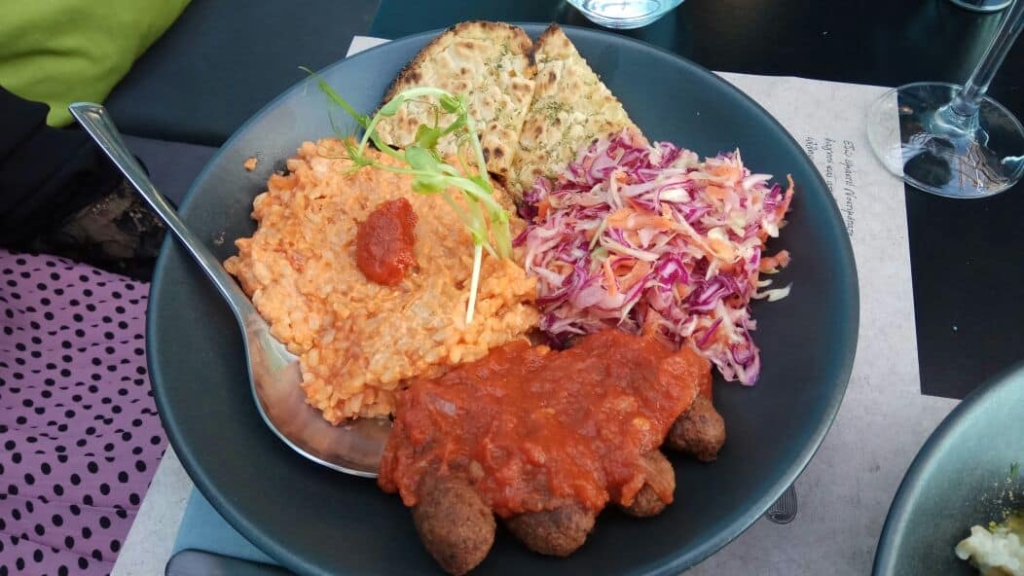
We know that the early Muslims rarely ate meat, and the meat they ate obviously wasn’t a product of factory farming. The excessive consumption of animal products has a proven association with animal cruelty, climate change, greenhouse gases, loss of habitat, species extinction, water shortage, and world hunger.
If the only argument in defense of a non-vegan lifestyle is that it’s allowed according to the Qur’an, it falls short with regards to the reality of the world we live in. Many people don’t know this, but Islamic law is actually quite flexible and open to new interpretations. When realities change, application of laws does, too.
Most Muslims today wouldn’t defend slavery although it was practiced in the early days of Islam. In fact, slavery was not specifically outlawed by the Qur’an although it is clear that it is discouraged. Nonetheless, Islamic scholars have since come to a consensus that slavery is un-Islamic. Clearly, something can be theoretically permissible but not desirable.
So why do we feel differently about the consumption of animal products? The strict halal regulations state that an animal should not see another animal being slaughtered, and that an animal should not be in distress when being killed. These are clear indications that veganism actually makes a lot more sense from an Islamic point of view.
Muslims who defend halal meat often don’t bother to look behind the label. Make no mistake, modern animal agriculture, whether it operates with halal certification or not, is a far cry from what was practiced by early Muslim communities. Playing a recorded prayer to thousands of animals does not make halal meat any less cruel.
On Eid al-Adha, the biggest Muslim holiday, millions of animals around the world are slaughtered and much of the meat is then distributed to those in need. Ironically, nobody considers how many more people we could feed if we focused on plant-based foods (10 billion, according to one study). By defending the continued consumption of animal-derived foods, we are indirectly responsible for other people’s hunger.
Also read: The Ultimate Guide to Being Vegan in Japan
While some Muslims have an anti-vegan sentiment, some vegans have an anti-Muslim sentiment too
Muslims are not above criticism, but I can’t help but feel that the criticism against Muslims is one that feeds into the stereotype of Muslims being inherently cruel.
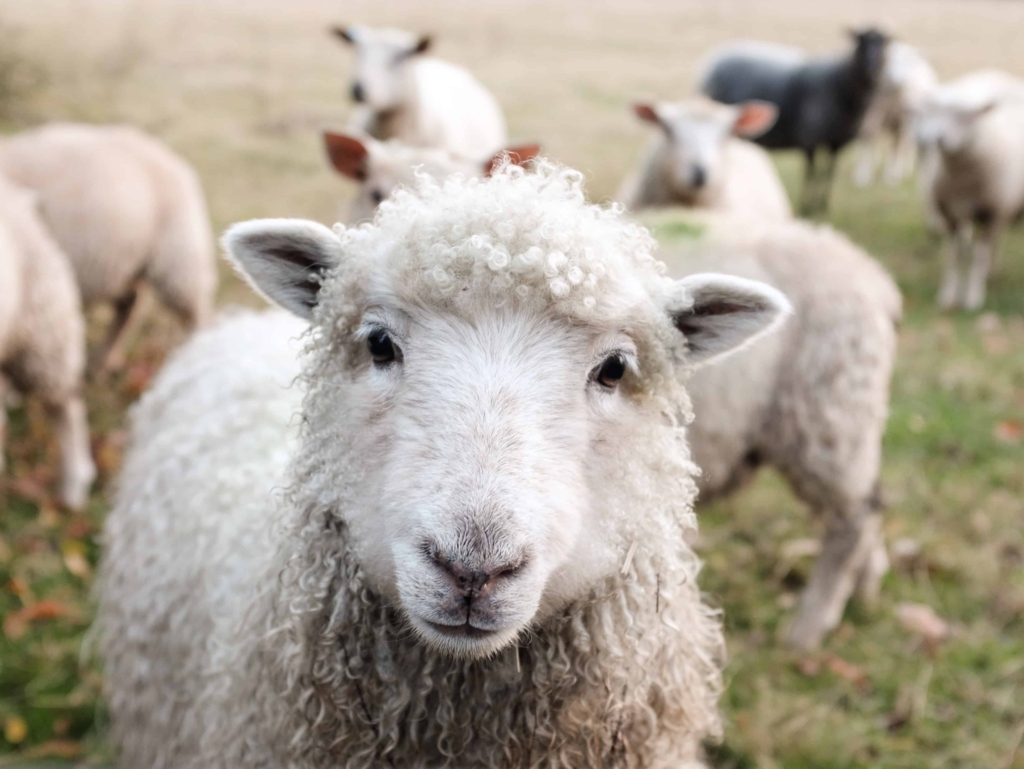
In Islam, as in Judaism, the correct method for slaughtering is highly regulated. But to outsiders, it often appears more cruel than the methods common in industrialized countries. For one, the animal should not be unconscious. People protest against halal or kosher meat, then happily turn around to eat their meat burgers (because hey, the animal was stunned before being slaughtered).
But I’ve also seen the subject being discussed in vegan Facebook groups where the “barbaric” Muslim tradition is pointed out particularly.
The same thing happens each year on Eid al-Adha, the biggest Muslim holiday. Sadly, on this day, millions of animals are slaughtered by Muslims. But this tradition gets a lot more attention in vegan discussion forums than, for example, Orthodox Easter where hundreds of thousands of lambs are killed every year.
Muslims are not above criticism, but I can’t help but feel that the criticism against Muslims is one that feeds into the stereotype of Muslims as being inherently cruel. In other cases, the traditions (Easter, Thanksgiving) are separated from the people.
Also read: Try These Cafes and Restaurants for Divine Food in Auroville
Simultaneously being vegan and Muslim can be frustrating
The reality is that it can feel alienating to belong to two groups that seem to be opposed to each other.
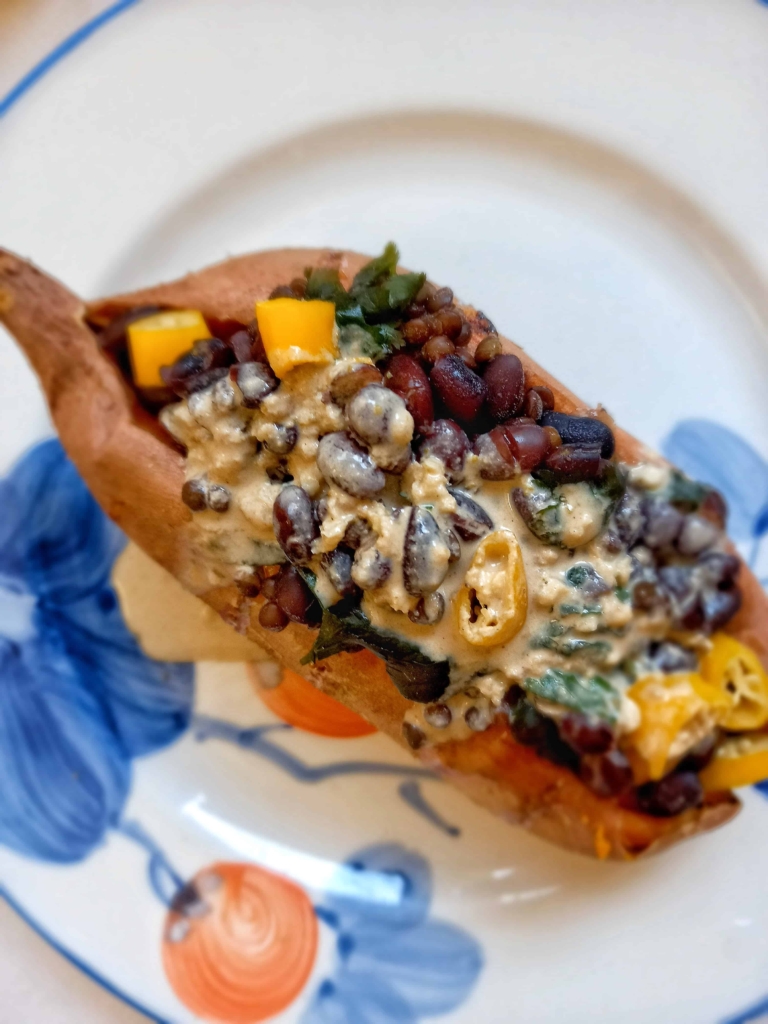
It’s annoying when Muslims say it’s un-Islamic to be vegan. And it’s as annoying when vegans say Muslims are barbaric. It’s 2021 and other people’s narrow perspectives shouldn’t bother anyone. But the reality is that it can feel alienating to belong to two groups that seem to be opposed to each other. Asking for vegan food at a community iftar (breaking the fast during Ramadan) could lead to criticism. And so could “outing” yourself as a Muslim in a vegan group.
But at times like these, it’s important to remember that we are not vegan for ourselves or for other people’s opinions. We are vegan for the animals who deserve to live a life without cruelty.
Also read: Guardian: Industrial farming is one of the worst crimes in history
Many dishes served at religious Muslim holidays are accidentally vegan or can be customized
İmambayıldı (eggplant in olive oil stuffed with onions, garlic, and tomatoes) is one of my all-time favorite dishes ever since I was a child – and it’s traditionally always vegan.
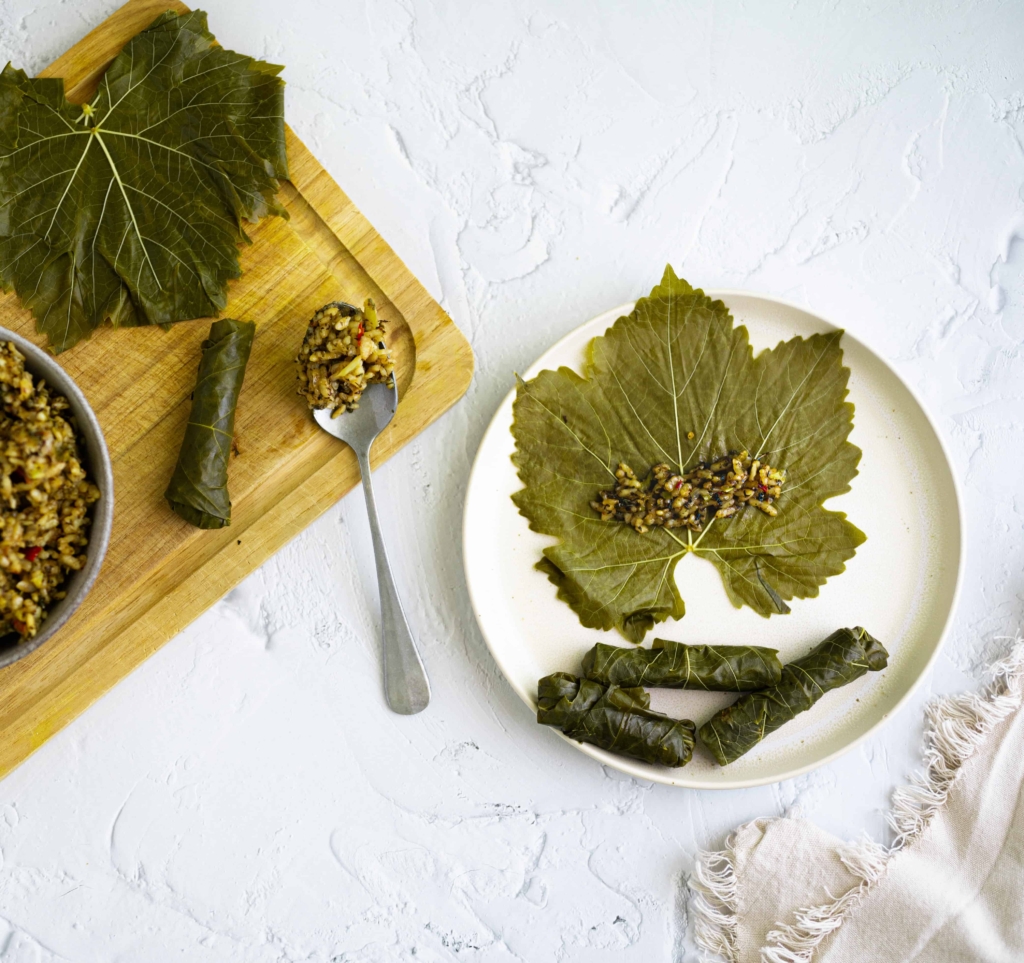
On my journey as a vegan Muslim, I’ve realized that there are several accidentally vegan dishes in different Muslim cultures and religious holidays. For example, desserts like lokum (Turkish delight, a sweet confection made of starch, sugar and often nuts) and helva (a confection made with semolina or tahini) are usually vegan, although it’s always best to double-check due to the many different varieties and recipes. Even something as indulgent as kadıngöbeği (doughnuts) is often vegan or can easily be veganized.
In terms of savory dishes that I grew up with, sarma (stuffed grape or cabbage leaves) and other types of dolma (stuffed vegetables) have vegan varieties, even though for holidays, people often focus on the meat versions (meatless sarma is often known as “fake” sarma).
One of my all-time favorite dishes ever since I was a child is İmambayıldı (eggplant in olive oil stuffed with onions, garlic, and tomatoes) – it’s traditionally always vegan. As is the hearty white bean soup my father used to make.
Also read: Lemons and Luggage: 30 Amazing Vegan Ramadan Recipes from the Muslim World
There might be a connection between Sufism and veganism
“I have existence and I value it so much
So have all the beings on earth and they too, try to preserve it
Then, how can I kill even the tiniest creature
Just to satiate my palate?”
~ Mevlana, aka Rumi
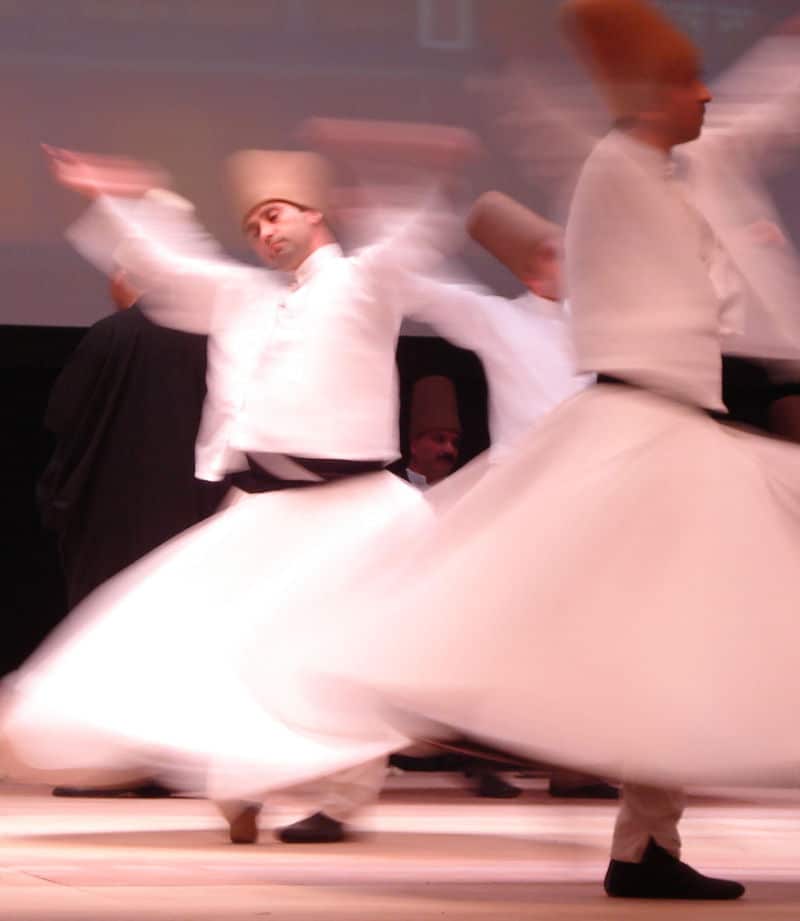
I recently happened to watch a video on Emperor Akbar, and it mentioned that he tried to go vegetarian. He described vegetarian food as “Sufi food.”
Curious, I looked into this a little bit and found a few sites talking about how many Sufis are vegetarian and that during retreats, veganism is often encouraged. There’s an account of Rabia (a Sufi mystic) being surrounded by animals, all of who left when another Sufi appeared. When asked why they stay with her and flee from him, Rabia asked him what he had eaten. Upon hearing that he had eaten onions fried in fat, she replied that it was normal for the animals to flee from someone who eats their fat.
Rumi’s words, ‘Ye’k dez charinda-ul-insaan rish’h’aaz’ (Look at all animals as you look at humans), fill my heart with happiness, especially as I’ve been looking more deeply into Sufism since the pandemic.
Also read: Things I Wish I Knew Before I Turned Vegan
It’s heartening to see that many Muslims are choosing the vegan path
Even people like me, who never thought they could go vegan, can end up transitioning eventually!
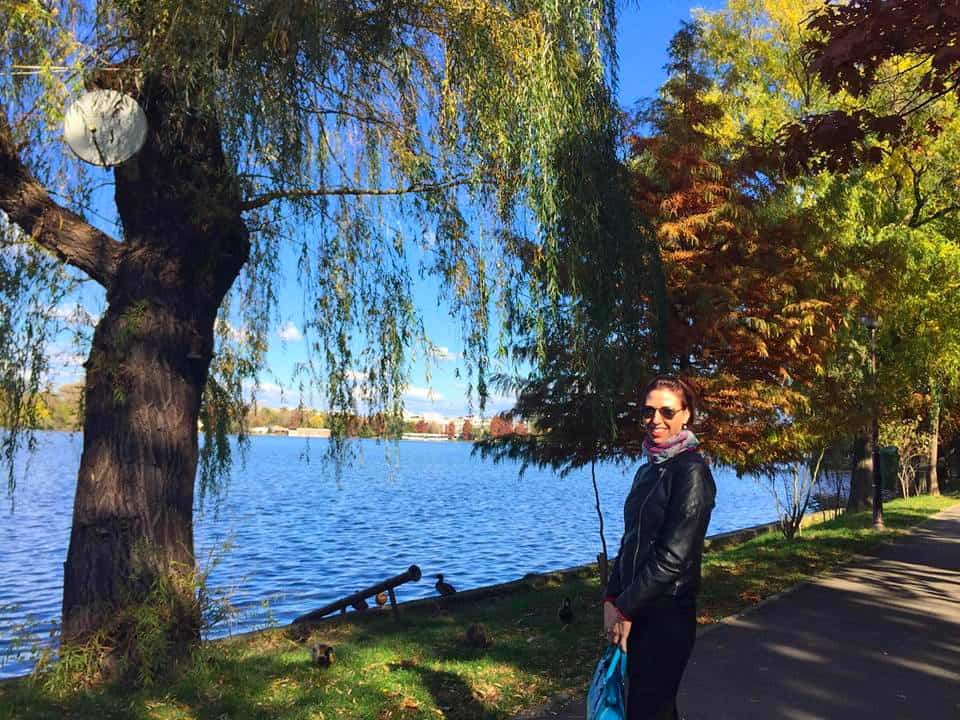
Showing empathy to other living beings should not be restricted to any particular faith or lack thereof. It’s no surprise then that the world is changing and becoming more vegan – and so are Muslims!
To be honest, it still surprises me that it took me so many years to go vegan, when the final switch was so easy. But maybe it means that the right time can come very unexpectedly, and even people like me, who never thought they could go vegan, can end up transitioning eventually!
If you’re on the fence, here are some resources worth checking out:
Online resources
- The Vegan Muslim Initiative: An educational project founded by two vegan Muslims who hope to inspire fellow Muslims to choose the compassionate road.
- Animals in Islam: A site that examines halal living and animal rights in the context of Islam.
Further reading
- Guardian: You are what you Eid: Ramadan for vegans
- Lemons and Luggage: 29 Delicious Quick Iftar Recipes
- Vegan Recipes from the Middle East by Parvin Razavi
Have you considered turning vegan? How do you think your religion supports or challenges it?
If you’d like to contribute a guest post to The Shooting Star, please see guidelines here.
About the guest author:
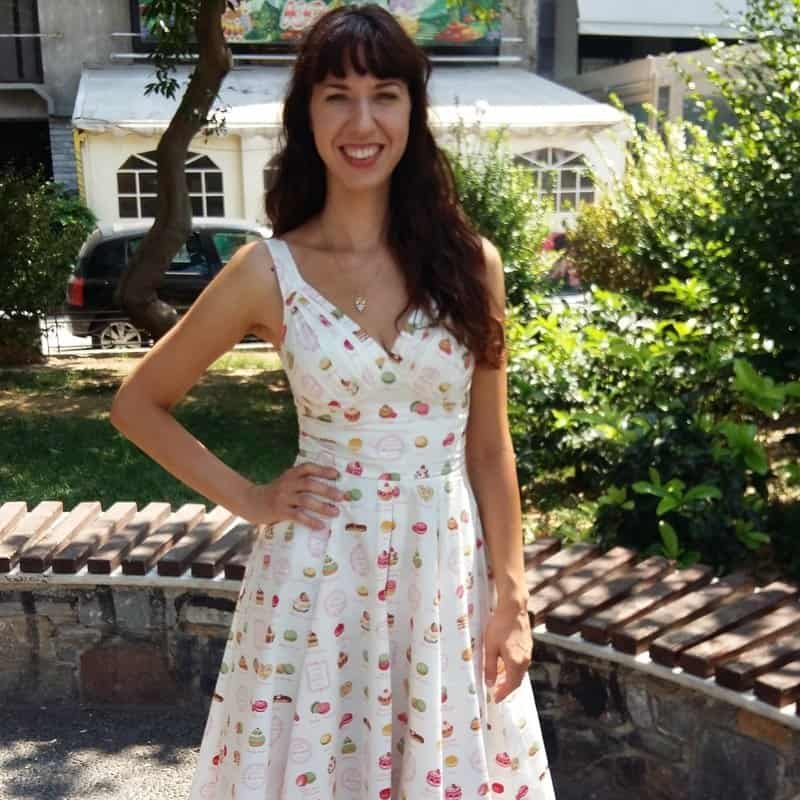
Nina is a travel content creator who has travelled to more than 20 countries on three continents. Born and raised in Germany but currently living in Greece, she loves exploring the world through vegan food. She is the voice behind Lemons and Luggage, a travel blog dedicated to vegan and responsible travel. You can follow Nina on Instagram, Facebook, Twitter, Pinterest, and YouTube.


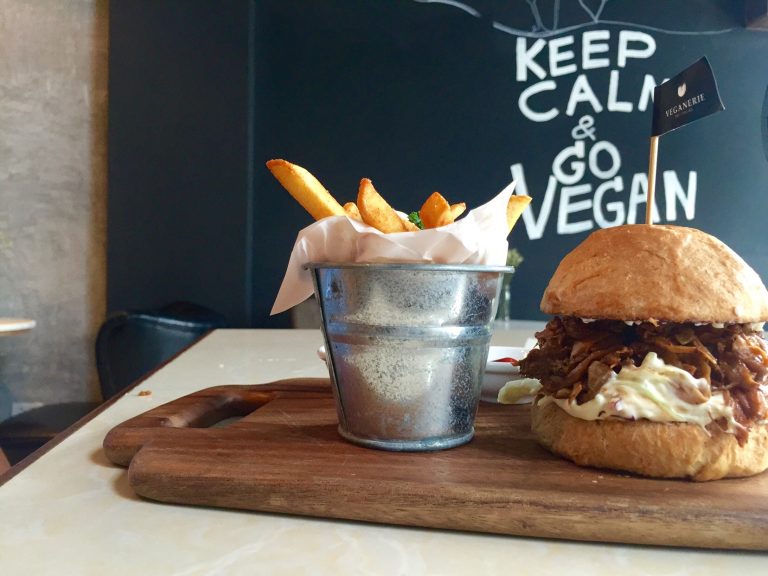
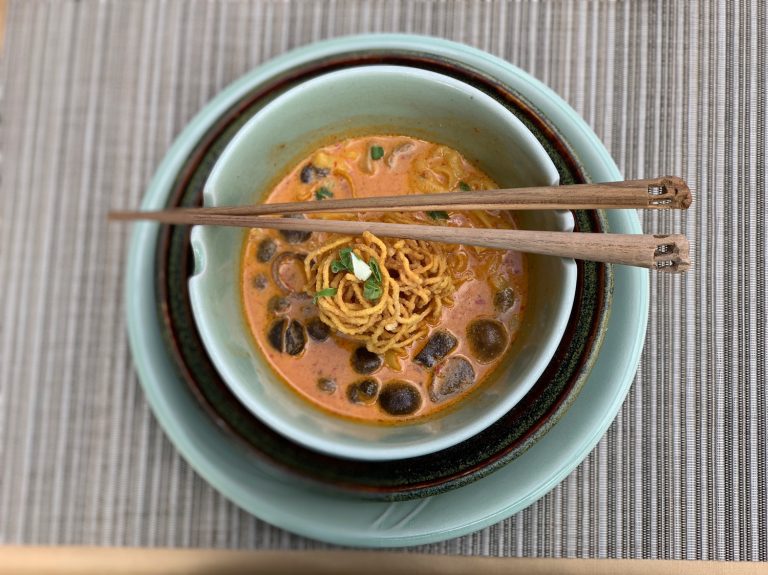
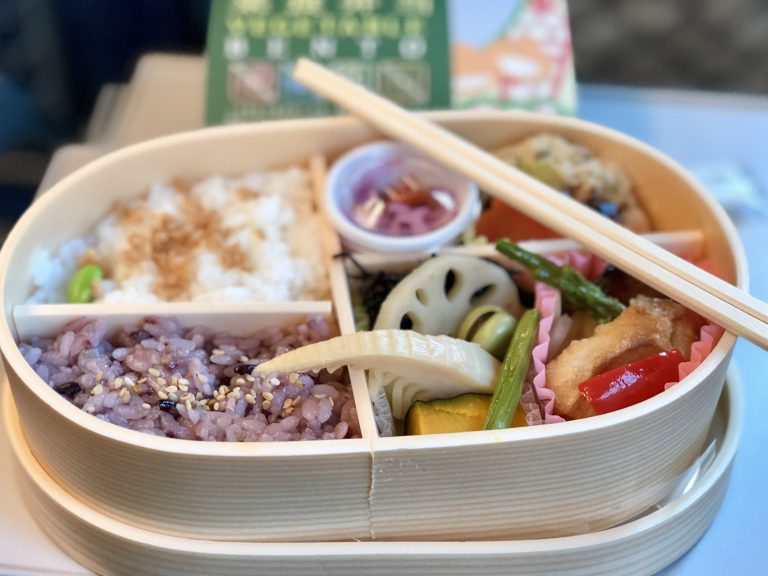
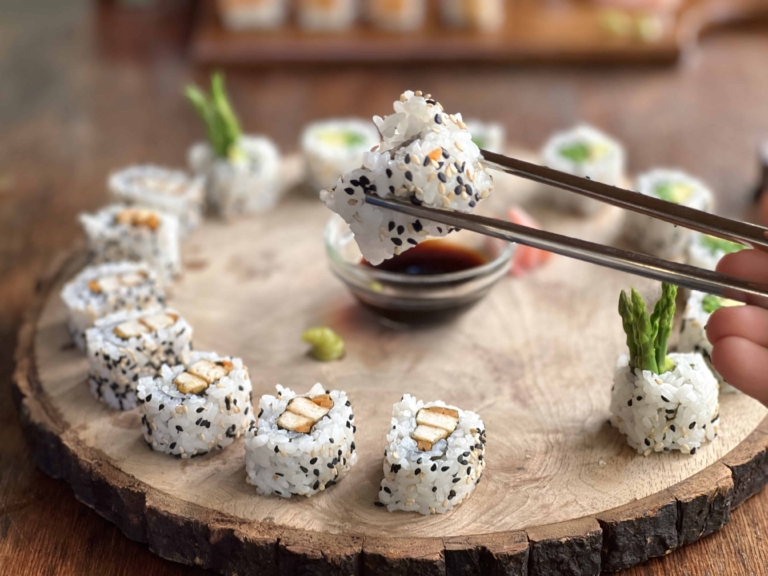
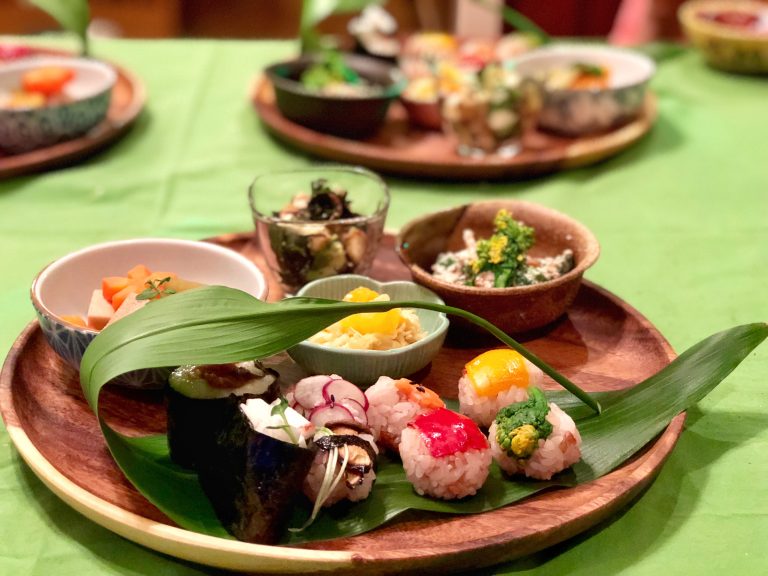
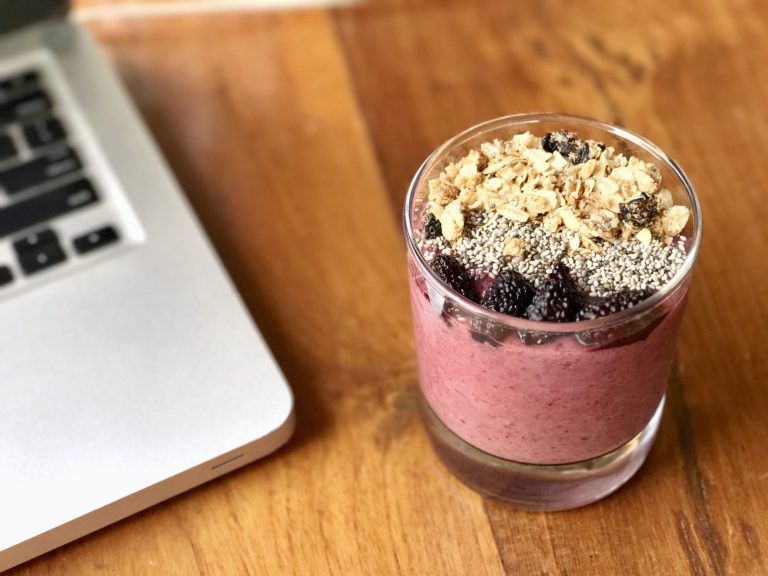
When I was in Ireland on research, I stayed on a dairy farm for a few days. A baby calf lay shaking, curled up under a tree. When I asked the farmer why, I learned that he had removed the calf from its mother immediately after birth because it would consume all the milk!
Heartbreaking. I’ve seen and heard stories like this again and again at farms across India and other parts of the world 🙁
I am so thankful for your post, just being vegetarian since 15 years. My cooking had become way more creative since than. I had a dream of an animal talking to me, ” please don’t kill us to be eaten” It may sound weird to other’s , but that message in my dream changed my nutritional life for ever.
I’ve lately been trying to interpret some of my dreams, and there really is something there, isn’t it? I’m glad you made the transition when you did – I turned vegetarian around 15 years ago too, and faced similar opposition from my folks as Nina, though no one forbade me from it.
Thank you Shivya for your respond . It is indeed something to interpret the dreams we have, sometimes they send you important messages. I had so many in my life , so amazing
My husband and I were already vegans before converting to Islam. So I didn’t really see anything conflicting with Islam that would indicate that we could no longer be vegan.
For us, veganism represents our ethics about meat supply and animal treatment but our faith is still Islam. And if our faith says it is ok to eat meat we accept that but we choose not to